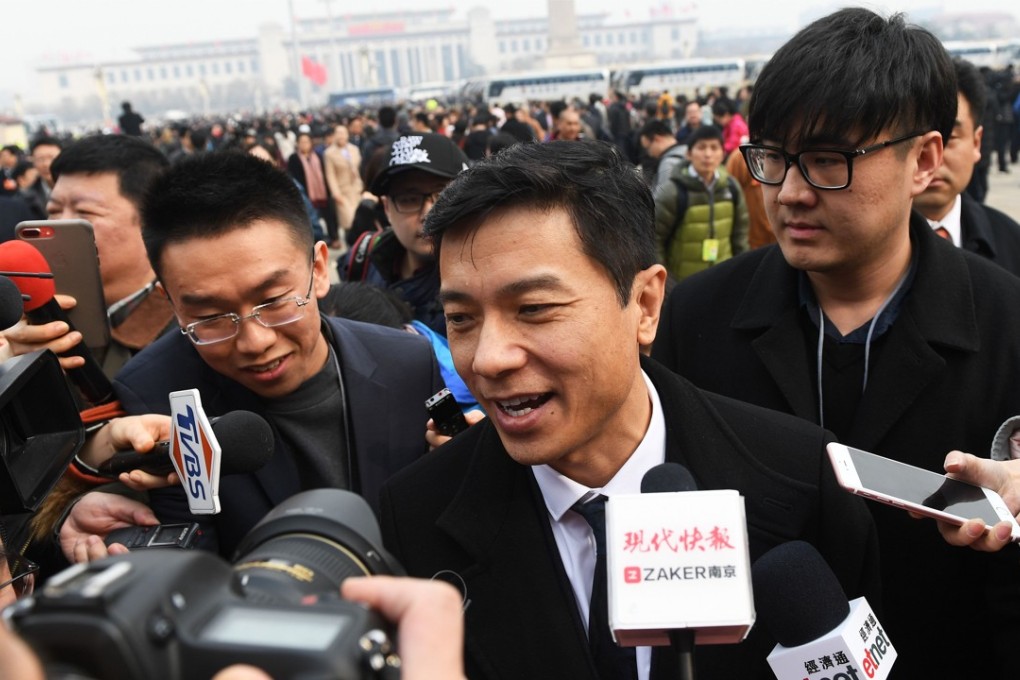Baidu CEO calls for lower taxes in Xi’s dream city Xiongan to attract talent for developing hi-tech hub
High taxes are slowing China’s quest to attract more international talent to power its artificial intelligence ambitions, says Baidu CEO Robin Li Yanhong at the annual parliamentary sessions in Beijing.

China should consider cutting taxes in Xiongan New Area economic zone outside Beijing to attract world-class talent as the country ramps up its efforts to build itself into a global innovation powerhouse, Baidu CEO Robin Li Yanhong said.
Xiongan, created last year under direct orders from President Xi Jinping, consists of three counties in Hebei province and will take over some secondary functions from Beijing to alleviate the traffic and population pressure in the Chinese capital. The new city will be developed into a high-technology hub and showcase of the country’s latest innovations.
To do that, Xiongan will need to attract talent, both from within China and abroad. But higher taxes are standing in the way, making a move to China less attractive for researchers and engineers, according to Li. China has a top personal income tax rate of 45 per cent, compared with 17 per cent for Hong Kong.
“Higher income tax is a hurdle for talent in the United States or Hong Kong when considering job opportunities in the mainland,” Li told mainland media in a briefing Friday in Beijing, where the annual parliamentary sessions are underway. Li is a delegate to the National Chinese People’s Political Consultative Conference, which met in Beijing on Saturday. Baidu confirmed a transcript of his comments.
Apart from cutting taxes to bring in overseas talent, Li also proposed the government offer more incentives to encourage technology companies to share their research on AI. That will allow traditional industries to upgrade themselves and increase operational efficiency and make innovative products, he said.